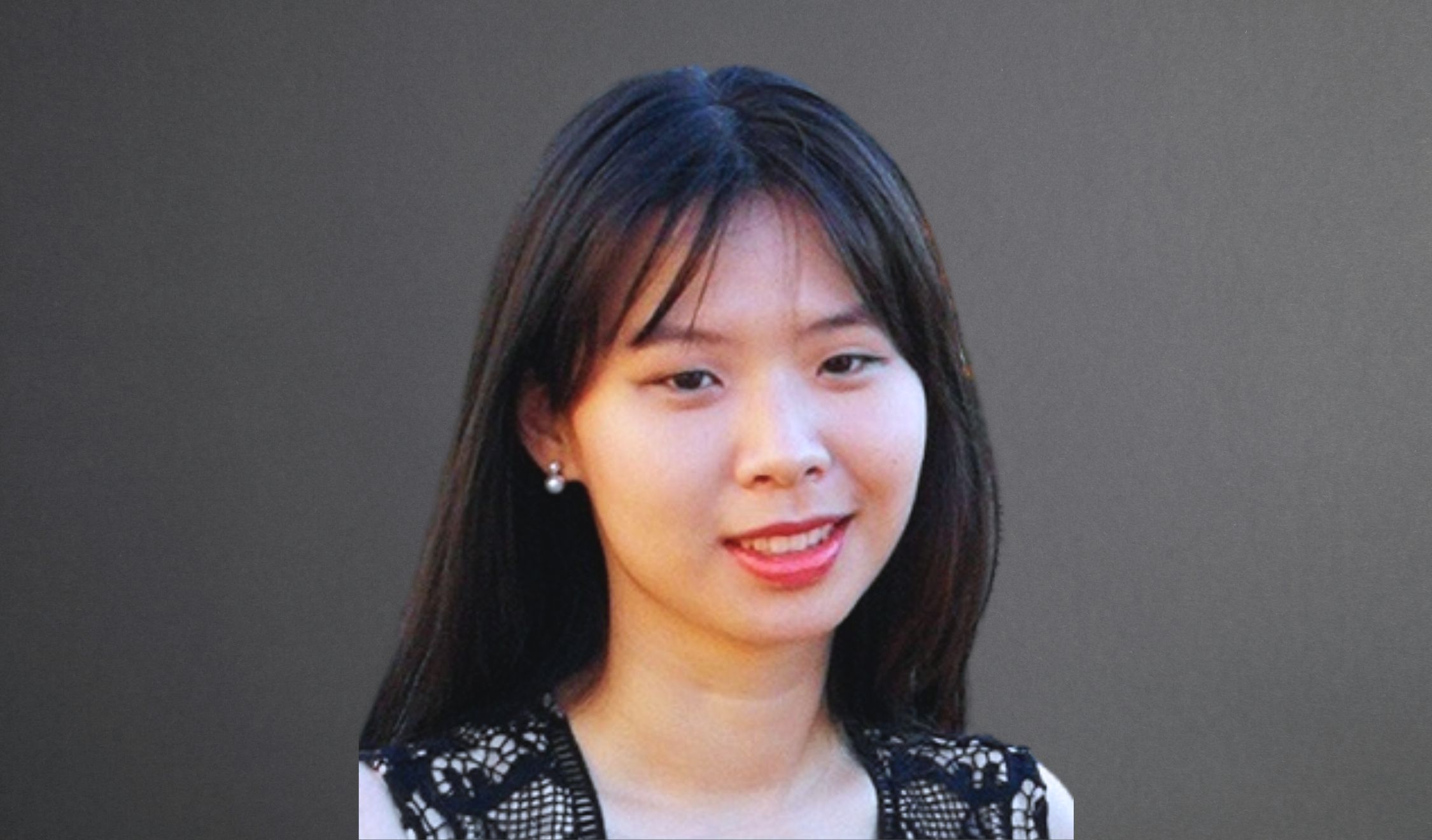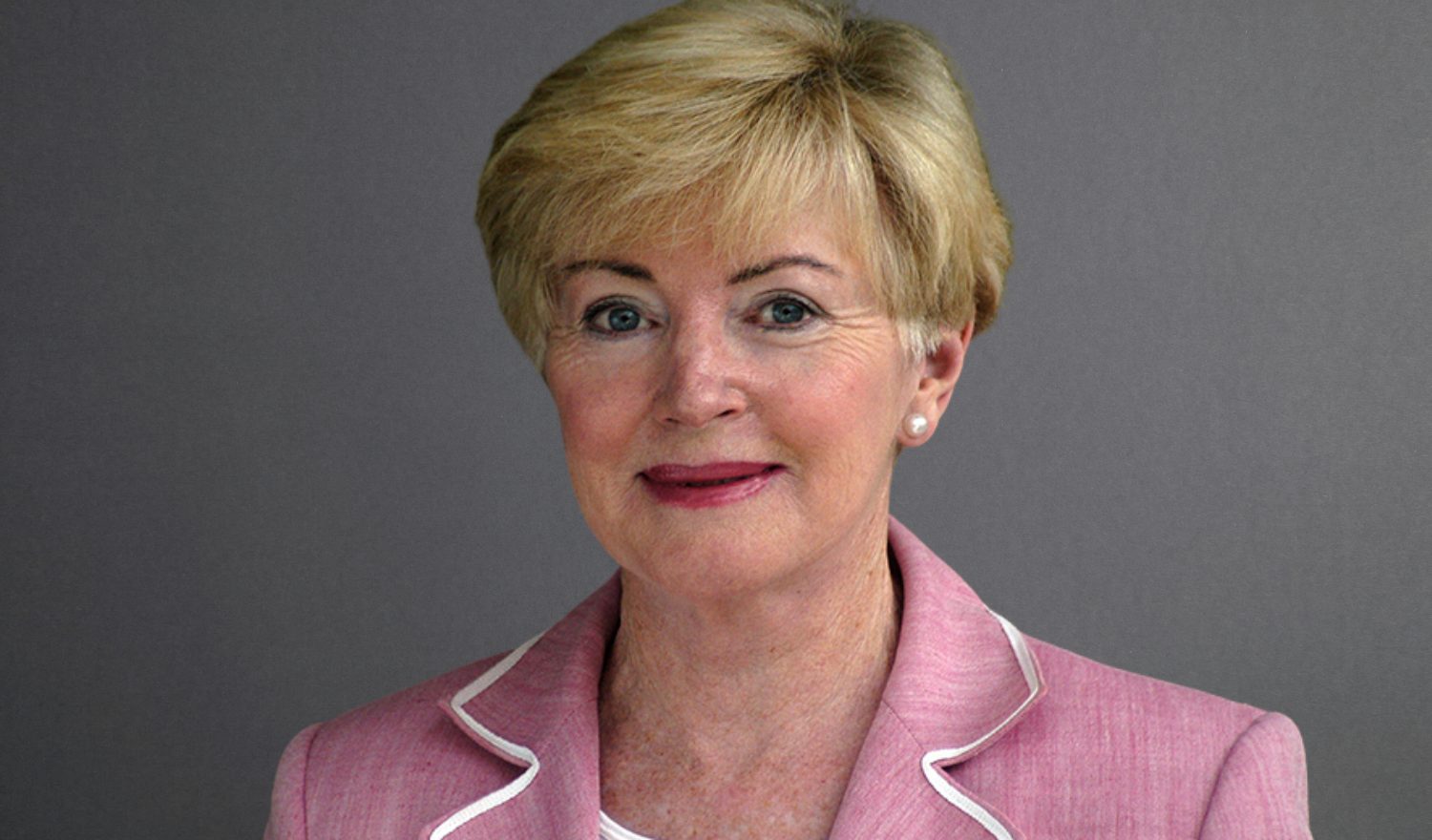It is time for Australian lawyers to become better connected with our regional neighbours, says Diligent Corporation's Asia Pacific Legal Counsel, Haylen Pong.
Her role at Diligent, a modern governance company, requires frequent interaction with stakeholders, legal counterparts and other commercial interests across in APAC region. Doing so necessitates an intimate understanding of not only legal and jurisdictional differences, but cultural nuances and challenges, particularly when it comes to corporate and commercial dealings.
We spoke to Haylen, who is currently undertaking the College’s LLM ASEAN+6 in Cross-border Legal Practice, on what being an APAC lawyer involves, and why looking east is so important as we witness shifts in regional and global power.
Harnessing Asia’s appetite for growth
“The world considers the Asian region to be an untapped market, with a strong potential for innovation, progress, and growth,” said Haylen. “In turn, Asia seeks acknowledgement on the world stage. Global interest in the opportunities found in Asia and the aspirations of the Asian economies can meet to the benefit of all parties.”
Haylen’s in-house work has been widely recognised. She won Lawyers Weekly’s 30 Under 30 – Corporate Counsel awards in 2017, 2018 and 2019, and was featured on the GC Powerlist – Australia's Rising Stars in 2019.
Being Australian-Chinese and working as a legal counsel specialising in the APAC region, Haylen was of the view that a College of Law LLM (Applied Law) in ASEAN+6 could facilitate her ongoing professional development.
“I wanted a Masters that would forge me into a better lawyer. Not just improving my theoretical understanding of APAC legal issues, but also developing a perspective about the many practical issues affecting daily legal practice,” said Haylen. “Working in-house, it is well known and expected that knowing the law is insufficient. I have to understand how culture, politics, economics, trade and investment might interact with each other, and how this will affect a business, its risks and operations.”
Learning from practising lawyers like Martin Polaine, a teaching fellow in the program, provided invaluable insights into the practical realities of working in the APAC region.
“It’s one thing to understand a piece of regulation about international arbitration, and it’s another to learn from someone who has 30 years of practical experience!” Haylen explained. “I cannot praise Martin Polaine enough; his level of dedication to ensuring his students grasp complex areas of law is immense. The “Trade and Investment in Asia” course he taught also greatly broadened my worldview. I have developed a sense of how countries interact, and how international bodies, like United Nations and World Trade Organisation, work together to calibrate the world and find an equilibrium.”
Beyond this, Haylen also found a mentor in Martin.
“Martin acts as more than a teacher,” explained Haylen. “He gives you new perspectives on how to think about your choices in your legal career. It has helped inform me what I want to do with my life and spurred on an interest in continually engaging with the Asian market.”
Diversifying our trading partners across Asia
The past few years have seen significant global shifts in politics, power and trade. With tensions escalating between Australia and China, it would be wise to strengthen relationships across the broader Asian region.
"When you combine the APAC economies, there is a substantial market for Australia to access, the size of which could compete with China,” observed Haylen. “By investing and trading in more APAC countries, we could retain a logistics efficiency through proximity but also maximise new opportunities for innovation, growth and international cooperation through increased labour movement, and resource sharing. Together, countries can help each other grow.”
Doing so would also help mitigate risks associated with rising trade tensions with China, though the benefits do not stop there.
“Every country does something better than the next country,” said Haylen. “We will all fail in some areas and excel in others. Opening dialogue between APAC nations helps each country grow, and improve areas of weakness. Being willing to listen, and adopt other ways of thinking also allows us to foster respect and goodwill along the way.”
Of course, this also means we need to acknowledge the opportunities available in our local region and be willing to learn and expand our legal worldview beyond Australia and New Zealand.
“In my opinion, we have many lawyers in Australia that are focused on ‘ANZ’,” observed Haylen. “Within the in-house industry, we’re beginning to see more legal counsel roles expand beyond the country we are based in. But we can do better. As an APAC lawyer, I want an in-depth understanding of cultural differences and customs in our region and help to bridge gaps between nations. It helps my business expand and grow in the region, but it also expands the wealth of my personal experiences and perspective.”
Communicating with empathy across business units and borders
Haylen was attracted in house by the prospect of learning from experts in fields beyond law.
“Being surrounded by experts in different fields can educate you,” observed Haylen. “By hearing from Security, Procurement or HR teams, you gain an insight into their processes and way of thinking, which helps guide the solutions you create. There is a big world out there beyond lawyers! I remind myself to always step outside the ‘lawyer box’ to better appreciate all the different facets that make a business or the world come together. Better understanding improves communication. The past few years have been fraught with misunderstandings and conflict in the world. Now is the time to better listen and communicate.”
It is an approach Haylen brings to her work as an APAC lawyer.
“Studying in the ASEAN+6 program makes you immediately more cognizant of culture and the importance of customs and language differences,” said Haylen. “Keeping this in mind, I found myself tackling my legal counterparts overseas differently. Being willing to apply new learning continually expanded my daily legal experience.”
Indeed, for Haylen, her study and work help her engage with a wider world.
“The LLM (Applied Law) in ASEAN+6 program is for any lawyer who is seeking to understand how the world is changing, and how global movements will impact law and business,” said Haylen.
The ASEAN+6 program attracts lawyers from different practice groups - across government, private practice, and in-house. Some are Australian lawyers looking to serve Asian markets, while others are already APAC lawyers keen to supplement their own experience and knowledge with formal education. However, whilst the program is tailored to an APAC context, at its core, the program develops skills needed for any international or cross-border practice.
“For me, the skills learned are not just for APAC lawyers,” explained Haylen. “What is learned is the skill to understand people, customs and international law in any cross-border context. In particular, this program has reaffirmed my belief of the importance of empathy and communication. In the context of a COVID world filled with increased tension and unrest, we need to demonstrate empathy and understanding to our fellow humans. As lawyers, we can be a vehicle to bring different parties together in a cross-cultural business setting and encourage communication with an open heart and mind.”

























































![How to handle Direct Speech after Gan v Xie [2023] NSWCA 163](https://images4.cmp.optimizely.com/assets/Lawyer+Up+direct+speech+in+drafting+NSW+legislation+OCT232.jpg/Zz1hNDU4YzQyMjQzNzkxMWVmYjFlNGY2ODk3ZWMxNzE0Mw==)

































